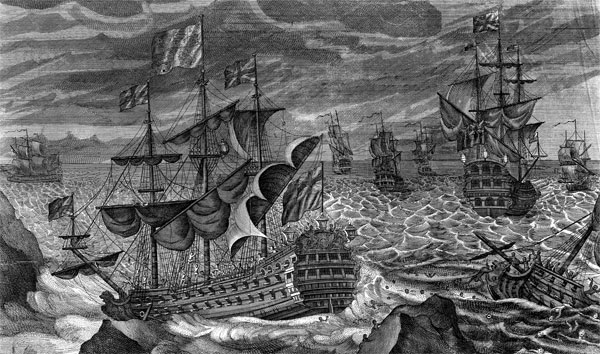SHARE
Determining a ship's longitude via crowdsourcing: a 1714 experiment!
Back in 1714, during the reign of Queen Anne, the Parliament of the United Kingdom passed the Longitude Act. Under this statute, the British Parliament offered a monetary prize for anyone who could find a simple method to determine a ship's longitude. In order to choose the winning projects and to coordinate the project, a Board was set up.
Seven years earlier, the Scilly naval disaster of 1707 led to the death of 1400 sailors. The navigators were unable to calculate their position in an accurate way, which ultimately led to this catastrophe. In turn, the Longitude Act launched an ambitious tournament where the guiding principle was that of open innovation.
Scientists and navigators were already dealing with this challenge, so the Longitude Act immediately gained attention. Back in the early 18th century, determining latitude was rather easy, yet finding longitude was a complete chaos and navigators had to rely on dead reckoning. Instead of simply creating one prize, the Longitude Act created a system of increasing rewards for increased accuracy. If we translate the monetary prizes into today's money, we can see that the crown's commitment was sincere: the smaller one would be worth 1,8 million euro today!
We believe that the idea of open innovation tournaments remains valid today. In fact, we think that it makes no sense for modern corporations to simply develop their research and development iniatives with in-house processes that fail to incorporate the knowledge and aspirations of other inventors, engineers and entrepreneurs.
This is why we have launched different innovation challenges where real companies are looking to partner with engineers who want to develop real solutions for real industrial challenges. Sign up to join us and don't miss out!
